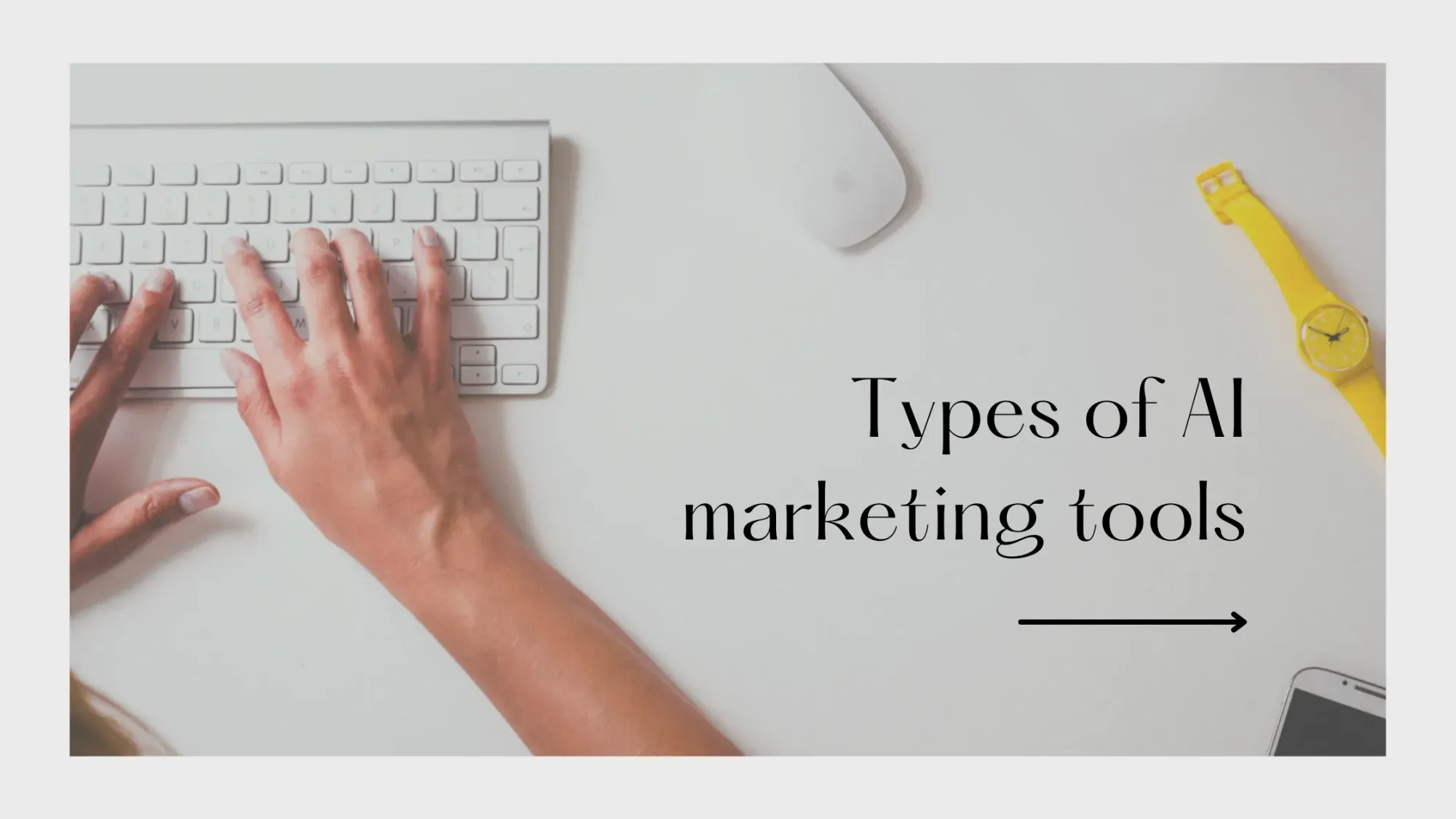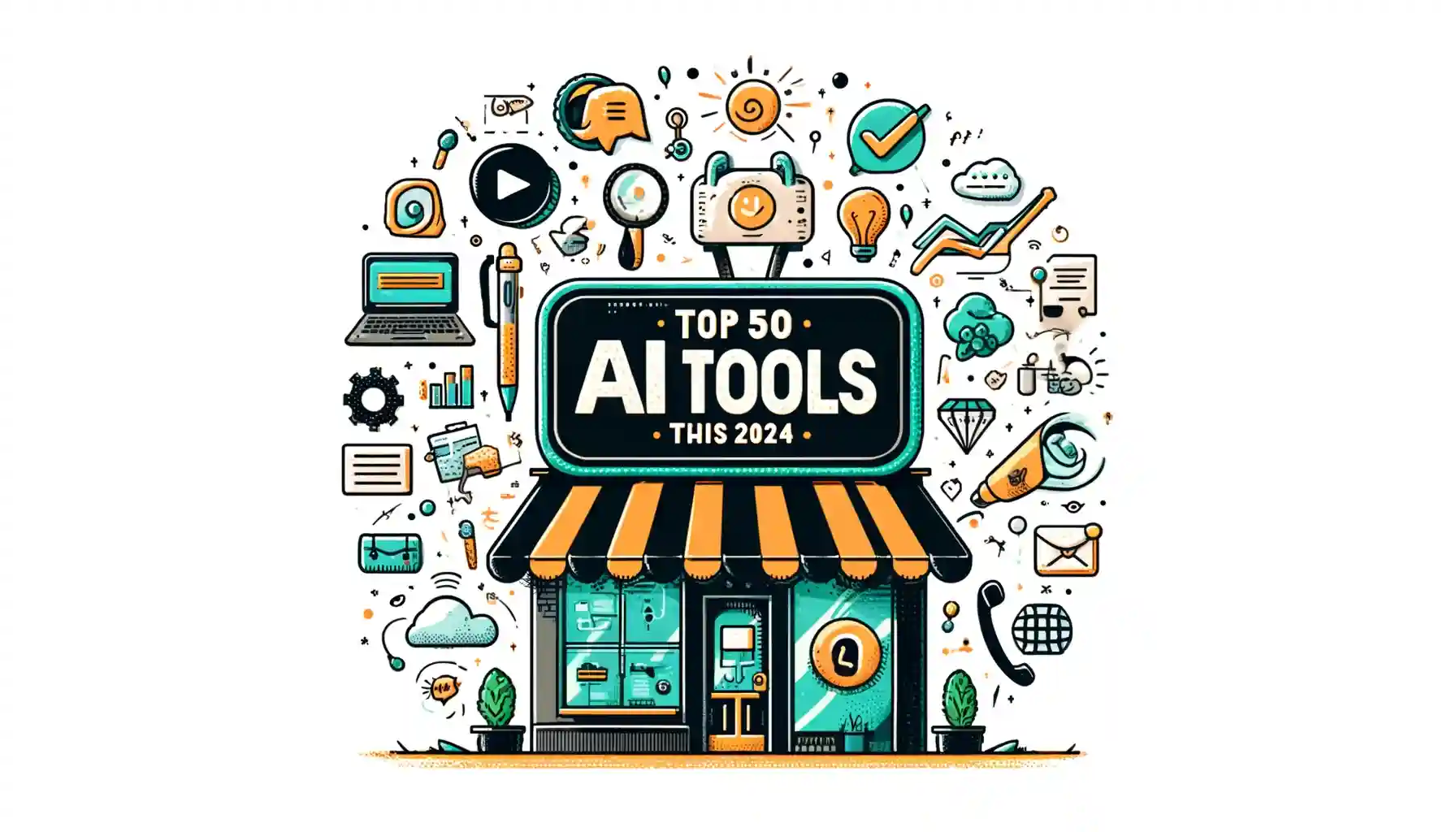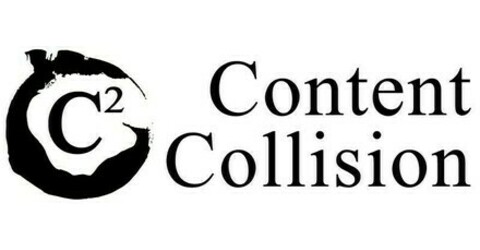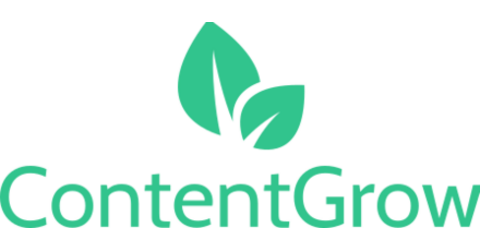Types of AI marketing tools
Discover the different types of AI marketing tools, how to utilize them and how companies are leveraging these tools for marketing success.

In today's fast-paced digital landscape, staying ahead of the competition requires leveraging the latest technologies, with AI-powered tools leading the charge. From enhancing SEO strategies to automating content creation and optimizing social media management, AI is changing how marketers operate.
In this article, we explore the diverse range of AI marketing tools available to marketers. By understanding these solutions and their capabilities, you can streamline processes, personalize customer experiences, and drive better business outcomes.

AI-powered SEO tools
AI-powered SEO tools leverage machine learning algorithms to analyze vast amounts of data, identify trends, and offer actionable recommendations for improving website rankings.
For instance, Google's RankBrain, an AI component of its search algorithm, helps understand user queries more effectively, improving the relevance of search results. Additionally, tools like Ahrefs and SEMrush utilize AI to provide keyword suggestions, competitor analysis, and content optimization tips, streamlining the SEO process and allowing marketers to focus on strategic decisions rather than manual data analysis.
Several companies have successfully harnessed AI-powered SEO tools to enhance their marketing efforts. For example, HubSpot, a marketing software company, uses AI to personalize content and optimize for search engines, which has significantly improved their organic search traffic and customer engagement. Another notable example is Adobe, which integrates AI through its Adobe Sensei platform to enhance SEO by predicting user behavior and optimizing content accordingly.
AI-powered SEO tools extend beyond just improving search rankings. These tools can also help in identifying content gaps, predicting future trends, and automating routine SEO tasks. For example, WordLift uses AI to transform unstructured data into structured content, enhancing search visibility and user engagement. Similarly, MarketMuse employs AI to analyze content and suggest improvements, ensuring that it is comprehensive and aligned with user intent.
By integrating these advanced tools, companies can stay ahead of the competition, adapt to changing search engine algorithms, and provide more relevant content to their audience, ultimately driving better business outcomes.
AI content creation tools
AI content creation tools leverage advanced machine learning algorithms to generate high-quality text, images, and videos, significantly reducing the time and effort required for content creation.
AI content generators, such as OpenAI's GPT-4 and Copy.ai, can produce blog posts, social media updates, and marketing copy that resonate with target audiences. These tools analyze vast amounts of data to understand context, tone, and style, ensuring that the generated content aligns with brand guidelines and audience preferences. By automating the content creation process, marketers can focus more on strategy and creativity, leading to more efficient and effective marketing campaigns.
One notable example is how Alibaba employs an AI-driven copywriting tool known as "AI Copywriter," which is capable of producing up to 20,000 lines of copy per second. This tool, developed by Alibaba's digital marketing arm Alimama, uses deep learning and natural language processing technologies to generate product descriptions by learning from millions of existing samples on Alibaba's platforms such as Tmall and Taobao. The AI Copywriter enables merchants to create engaging and market-specific content efficiently, significantly improving their productivity and enhancing the overall shopping experience for customers.
Another example is the Guardian's approach to AI which focuses on using the technology to assist with tasks like interrogating large datasets, making corrections, and reducing the workload from time-consuming processes, all under human supervision and with editorial oversight.
Moreover, AI content creation tools are invaluable for personalizing marketing efforts. For instance, BMW utilizes AI to personalize content for its customers, creating tailored advertisements and promotional materials based on individual preferences and behavior. Similarly, Netflix employs AI to create personalized show recommendations and promotional content for its users, enhancing viewer satisfaction and retention.
By leveraging AI content creation tools, companies can deliver highly personalized marketing messages at scale, ensuring a more engaging and effective customer experience.

AI social media management tools
AI social media management tools are designed to streamline and enhance various aspects of managing social media accounts, from content creation to engagement analysis. These tools leverage artificial intelligence to automate repetitive tasks, provide insights, and optimize strategies for better performance. AI capabilities in social media management include scheduling posts, analyzing user engagement, generating content ideas, and monitoring social trends.
For example, tools like Hootsuite and Sprout Social utilize AI to analyze large volumes of social media data, helping marketers identify the best times to post, the type of content that resonates with their audience, and the overall sentiment around their brand.
Similarly, the AI tool Lately is used by brands to manage and repurpose content across social media channels. Lately can analyze long-form content like blog posts or podcasts, breaking them down into smaller, engaging social media posts that are likely to resonate with the audience. This tool also schedules posts for optimal times and tracks their performance, helping brands maximize their content marketing efforts efficiently.
A notable use case of AI social media management tools is how L'Oréal uses AI to manage its influencer marketing strategy. L'Oréal employs AI-powered tools to identify potential influencers by analyzing engagement rates, follower counts, and content quality, ensuring that their influencer partnerships align with their target audience.
Another practical example of AI social media management tools is how Netflix leverages AI to enhance its social media strategy. Netflix uses AI-driven tools to analyze user behavior and preferences, enabling them to tailor their social media content to specific audience segments.
AI analytics and reporting tools
AI analytics and reporting tools for marketing are designed to analyze vast amounts of data to extract actionable insights, enabling marketers to make data-driven decisions. These tools leverage machine learning algorithms and natural language processing to identify patterns and trends that may not be immediately obvious to human analysts.
By automating data collection and analysis, AI tools can provide real-time insights, streamline reporting processes, and enhance the overall efficiency of marketing strategies. This results in more accurate forecasting, improved customer segmentation, and optimized campaign performance.
One prominent example of AI analytics in action is IBM Watson Analytics, which helps businesses uncover key insights from their data. IBM Watson Analytics uses AI to automate complex data preparation tasks and generate visualizations that highlight critical trends and correlations.
Similarly, Google's Analytics Intelligence employs machine learning to provide automatic insights about website performance, suggesting actionable recommendations to improve user engagement and conversion rates.
Similarly, Starbucks’ AI initiative, called Deep Brew, leverages AI and machine learning to enhance various aspects of the business, including customer engagement on social media. Deep Brew’s AI capabilities enable Starbucks to analyze customer data and preferences, thereby personalizing marketing efforts, customizing product recommendations, and optimizing the customer journey through the Starbucks app and in-store interactions.
Another example is Coca-Cola, which uses AI to analyze its big data. Coca-Cola employs AI tools to monitor social media conversations and analyze trends, allowing them to create relevant and timely content. These tools also help Coca-Cola in personalizing interactions with their audience, making their marketing efforts more effective.
AI email marketing tools
AI email marketing tools use machine learning algorithms and data analytics to personalize content, predict customer behavior, and improve overall campaign effectiveness. By analyzing user interactions and preferences, AI can segment audiences more accurately and deliver tailored messages that resonate with individual recipients. This level of personalization enhances customer engagement and increases the likelihood of conversions.
One prominent example of AI email marketing in action is Mailchimp, which utilizes AI to optimize send times and subject lines, enhancing open rates and engagement. Mailchimp's predictive analytics feature forecasts the likelihood of customers engaging with future emails based on their past behaviors.
Similarly, Salesforce's Pardot uses AI to score leads and tailor email content accordingly, ensuring that marketing efforts are directed toward the most promising prospects. These tools not only save time by automating repetitive tasks but also provide valuable insights that help refine marketing strategies.
Virgin Holidays' collaboration with Phrasee is a prime example of AI's impact on email marketing. By using Phrasee's AI-generated subject lines, Virgin Holidays achieved an increase in open rates. The AI tool also allowed the company to maintain its unique brand voice while optimizing email performance.
Similarly, The Cosmopolitan of Las Vegas utilized AI to predict and tailor email content to each subscriber's preferences. This AI-driven strategy involved using predictive analytics to determine which promotions and content, such as event invitations and restaurant deals, would resonate most with individual recipients.
These examples illustrate how AI can help businesses optimize their email campaigns by providing personalized and timely content that meets the unique preferences of each subscriber.
By incorporating AI-powered tools into your marketing strategy, you can unlock new efficiencies and insights that were previously unimaginable. Embrace the power of AI to stay ahead of the curve and deliver more impactful, personalized marketing experiences.
Other AI marketing tools resources to check out:
- 7 essential AI tools to build your 2024 martech stack
- 8 essential AI tools every marketer should use in 2024
- 5 AI tools to build your marketing dream team
- Best tools to adapt to SEA marketing trends this 2024
ContentGrow is a managed talent network for brands and publishers to work with high-quality freelance writers and journalists worldwide. Sign up to get started or book a discovery call to learn more.





